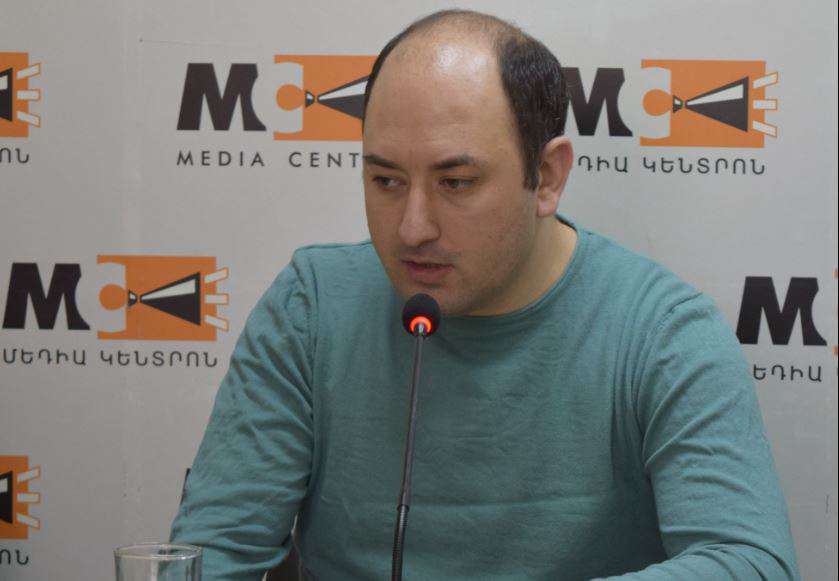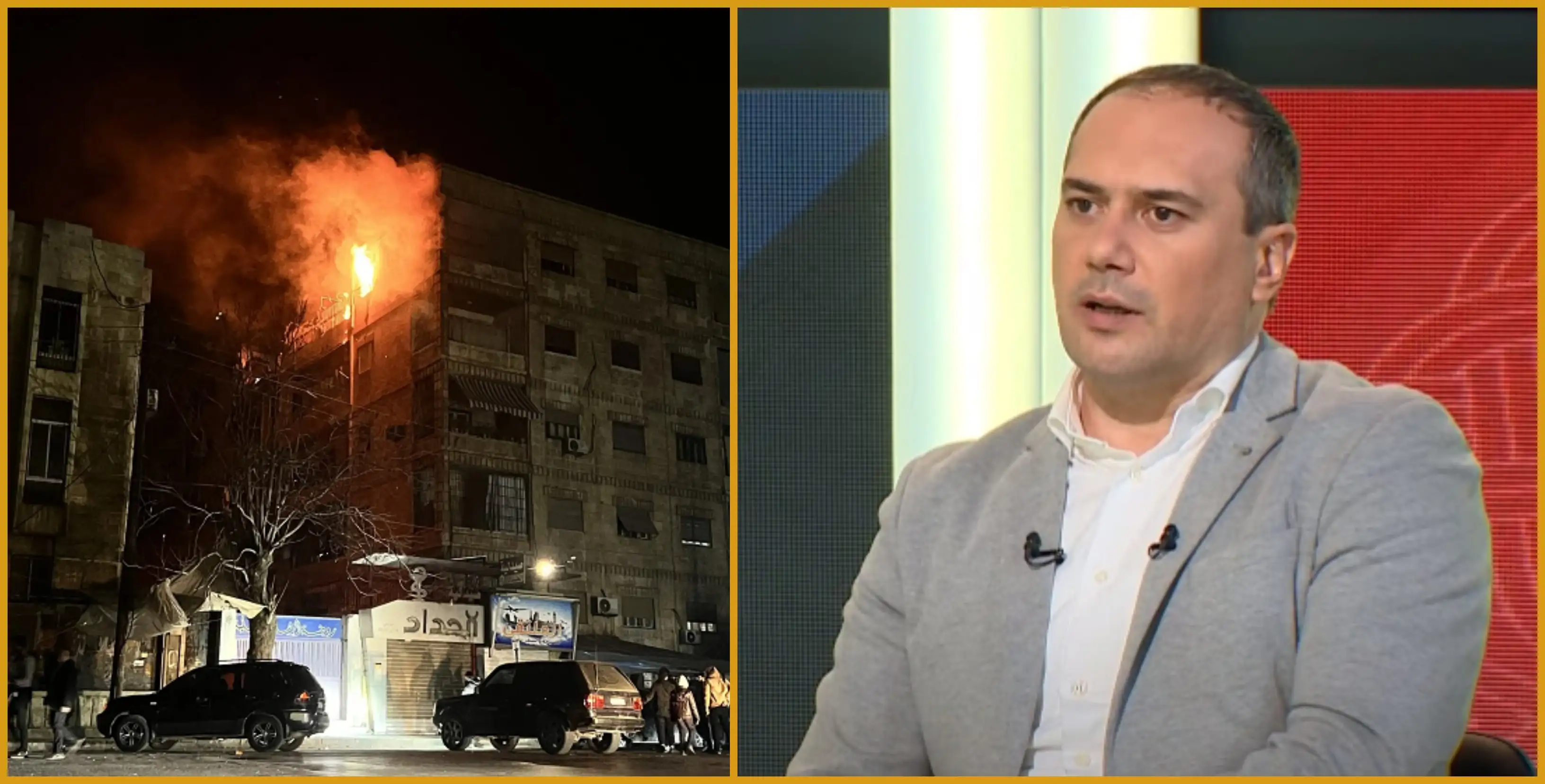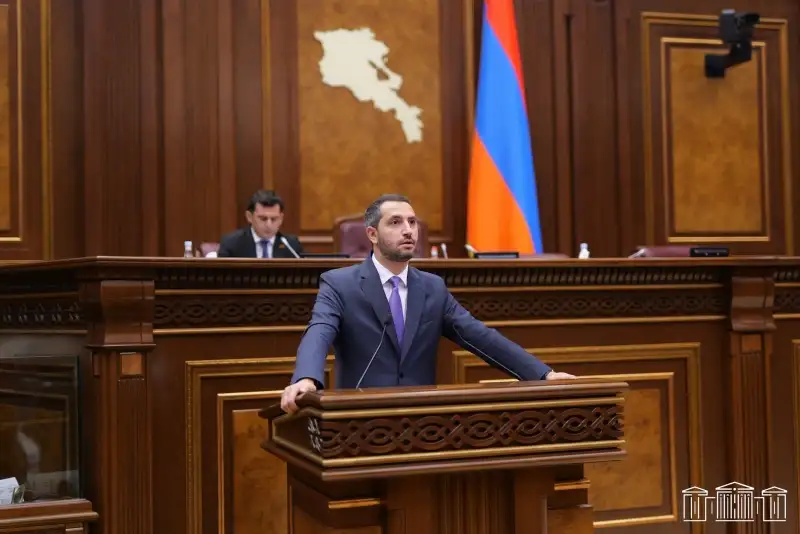Radar Armenia's interlocutor is political scientist Tigran Grigoryan.
- How profitable is the outsourcing of the management of the road passing through Armenia?
- First, since the proposal has not been fully published, it is difficult to conclude, but taking into account the statements, several circumstances can be distinguished. The first is that the principle of reciprocity is no longer mentioned in the Armenian discourse regarding the principles of lifting the blockade. During the press conference, Pashinyan repeatedly mentioned these principles. Still, the principle of reciprocity was not specifically mentioned, and the statement released by the Foreign Ministry did not include the principle of reciprocity among its key points. This means that this agreement or regime will operate only on the territory of Armenia. It is unlikely that Azerbaijan will agree to a special regime in any part of its territory. This is already a specific concession on the part of the Armenian side. As I understand it, we are discussing outsourcing the solution for infrastructure communications to an American organization, as well as leveraging this built infrastructure, and possibly also ensuring its security. Here, it will be essential to understand the degree of control the Republic of Armenia will have and the functions this organization will perform. Only after receiving the answers to these questions can we draw a conclusion. The fact that all parties will formally recognize the sovereignty of the Republic of Armenia over communications is apparent; however, at this stage, it is more important to know what regulations will be implemented in practice.
- Nikol Pashinyan compared this option with "Veolia Water" and "South Caucasus Railways" and claimed that there can be no problem with the concession of Armenia's sovereignty in this matter. How do you see it? Are these identical, or is there still some concession regarding the sovereignty of the Republic of Armenia?
- The comparison is very inappropriate, because here we are talking about communication control, the management of the water system can be delegated to third parties, but outsourcing control over one's territory is another matter. But we need to understand the details so that we can give final qualifications. Suppose that a company, for example, will carry out security functions over that territory. In that case, this is one situation, and we also need to understand what kind of relations the organization has with Armenia. In this regard, all the examples given by Pashinyan are not very relevant.
- When talking about the principle of reciprocity, Pashinyan seemed to hint at the issue of a lack of financial resources, unlike Azerbaijan. Does the problem of a lack of financial resources play a role here, and can Armenia not afford to build these infrastructures?
- The principle of reciprocity means that if Armenia establishes a special regime for Azerbaijani cargo on its territory, the same regime must also be ensured by Azerbaijan, for example, in the Nakhichevan section, if the Meghri-Yeraskh railway is operational. It is unlikely that Azerbaijan will adopt such solutions in this matter. That railway may be opened in some capacity, but I almost exclude the possibility that it will be discussed regarding that section of Azerbaijan or other sections. As for the financial component, yes, Armenia has a shortage of resources, but this is not the most principled issue in this topic. This model, currently under discussion, was not the only option for such a means.
- Judging by the statements of the Azerbaijani side, how beneficial is this for them, and how likely is it that they will agree to this option?
- As far as I have been able to follow the various reactions, at this stage, there is some skepticism about this option. Several Azerbaijani experts note that this approach is problematic from the perspective of Azerbaijan's relations with Iran. In other words, the deployment of third forces along the Armenian-Azerbaijani border, as well as the Iranian border, especially the deployment of Western troops, even if only privately, may cause an adverse reaction in Tehran itself. Although there is a crisis in Russian-Azerbaijani relations now, the prospect of a severe deterioration of relations with Russia itself is also being discussed if Russia is excluded from this process. In general, if we follow Azerbaijan's policy in the region, there is a clear tendency that Baku has been trying to reduce Western involvement in the South Caucasus over the past few years. We also remember Baku's position on EU observers. From this perspective, too, increasing Western involvement may not be beneficial to Azerbaijan itself. At this stage, the most crucial question is whether Azerbaijan will agree to this option. This option does not even exist in its final form. That is, several details are still being discussed. Still, on the other hand, the situation for Azerbaijan is complicated by the fact that the Trump administration itself is involved in this process, with which it has been trying to build relations recently. The rejection may put an end to these efforts.
Angela Poghosyan


















